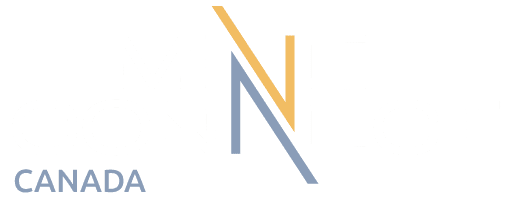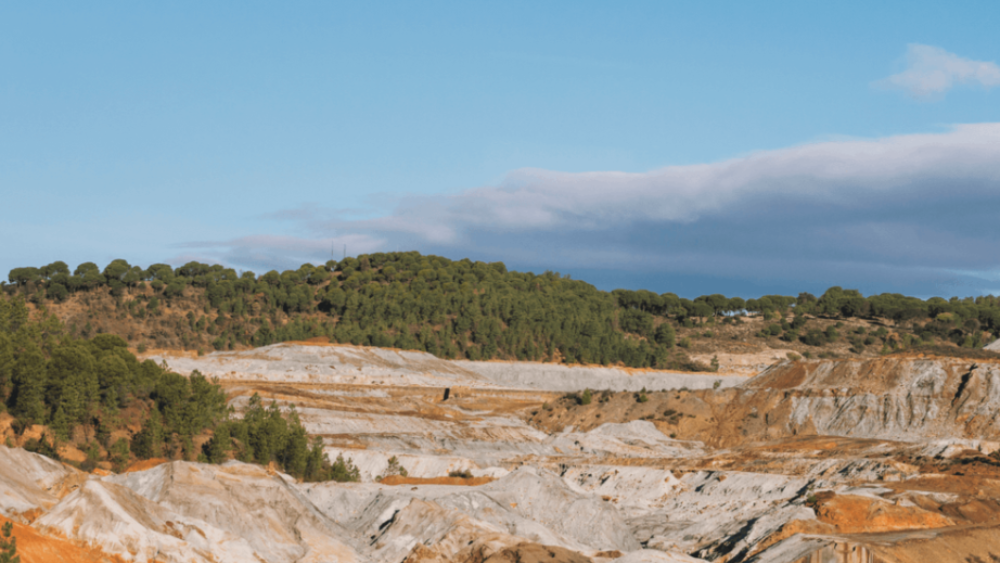Canadian junior Madison Metals (CSE: GREN) said on Monday it has acquired what it believes to be one of the country’s largest undeveloped antimony deposits in the Hemlo gold camp of Ontario.![]()
The Howells Lake project comprises nearly 140 sq. km of mineral claims within the Thunder Bay mining district. The property already hosts significant gold mineralization that the company compares to the world-class Hemlo gold deposits. Antimony, a key mineral used in many military and high-tech applications, was also discovered in historical drilling for gold.
In a press release, Madison Metals CEO Duane Parnham said the Howells Lake project “has enormous potential to have real economic significance,” noting that the antimony price has tripled over the past year, largely sparked by increasing demand and the Chinese export restrictions that took effect in September.
The export restrictions, the company says, present a significant challenge for the global supply of antimony, as China accounts for nearly half 48% of the world’s production in 2023, while the Western nations have no new major projects under development.
Prior to the restrictions, antimony had already been placed high on the critical metals list of Canada, the US and the European Union.
Historic antimony resource
The first instance of high-grade antimony at Howells Lake was documented as mineralization in boulders during the 1940s. In the 1970s, the mineral was discovered in drill holes some 2 km away. The following years saw at least C$2 million spent in the project’s early exploration, but since then, no significant work has been done over the past 40 years.
[More]




